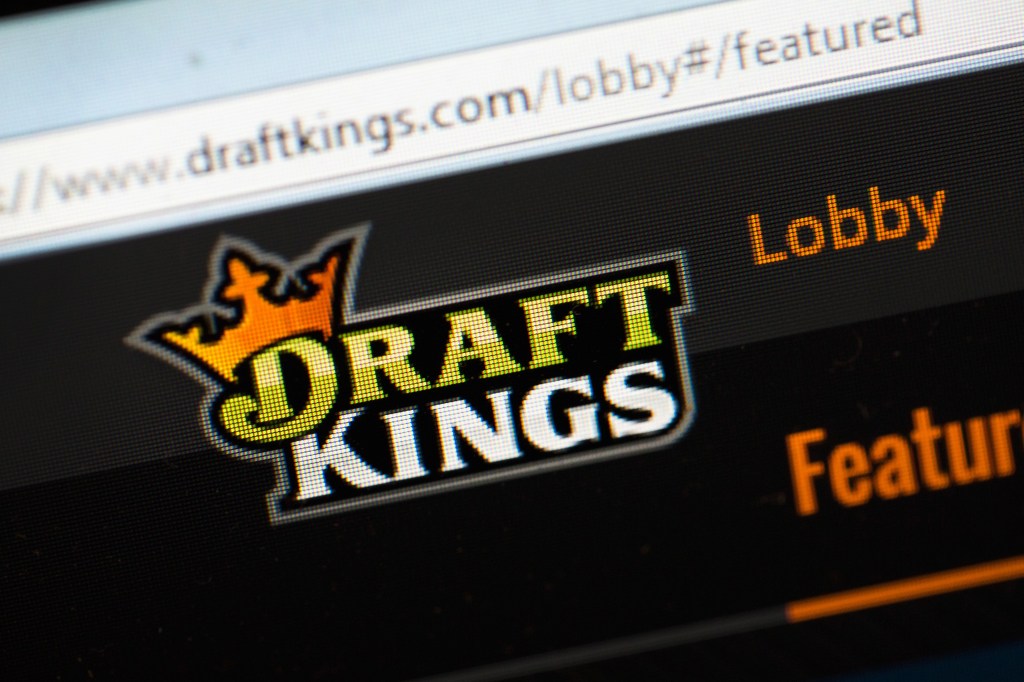Hello and welcome back to our regular morning look at private companies, public markets and the gray space in between.
Today the big news that falls into our orbit is about DraftKings, a sports betting service focused on fantasy sports that will go public via a reverse merger. Not too long ago DraftKings and its erstwhile rival FanDuel were ubiquitous on television; now the two are fractions of what they once were.
Let’s chat about what went wrong and what’s next.
The ascent
Both DraftKings and FanDuel raised modest sums until the latter half of 2014.
FanDuel’s Series A was worth just $1.2 million back in 2009. Its $4 million Series B in 2011 almost sounds like a joke. An ensuing 2013 Series C just tipped the scales at just $11 million. Things picked up in Q3 2014.
DraftKing’s story is similar, if slightly more aggressive. A $9.8 million Series A in 2013 was followed by a $24 million Series B that same year. Then in Q3 2014 things started to go faster.
In the third quarter of 2014, FanDuel raised a $70 million Series D. In the same three-month period, DraftKings raised $41 million. The next year, FanDuel raised a $275 million round in July. That same month DraftKings raised $300 million. All of a sudden the companies were unicorns, worth a combined $2.2 billion, post-money.
FanDuel’s funding history (according to Crunchbase data) then slowed, while DraftKings raised another $150 million in 2016 and $118.7 million in 2017. But the great capital arms race had reached its zenith and fallen for the two companies.
The punishing fight across hundreds of millions of dollars in TV ads for market share between the two led to a merger proposal in 2016. That was called off in 2017. From rising titans blanketing your screens with ads to a failed combination, what went wrong?
The descent
What happened is actually very understandable in light of WeWork’s failure to go public earlier this year: The companies were torching capital in the name of growth.
Recall that Axios published a host of financial data from the two companies, including some 2016-era results:
- In 2016 DraftKings had revenue of $160 million and an operating loss of $92 million.
- In the first three quarters of 2016, FanDuel posted revenue of $91 million and EBITDA (a heavily-adjusted profit metric) of negative $59 million.
Those figures, however, occlude the worst of it. 2015 was an epic year for the fantasy sports betting space.
DraftKings’ operating loss grew every year that Axios had the data, rising from $12 million in 2013, to $75 million in 2014 (the year its fundraising took off), to $509 million in 2015, before coming back down in 2016. In short, after spending all of the money in the world to acquire customers, DraftKing’s operating margin the year after was still -57.5%. Yuck.
In the end FanDuel sold to Paddy Power for a sum roughly equal to the capital it had raised to date, bringing the value of stock owned by regular folks (common stock) to zero.
Today, DraftKing’s is pursuing a reverse IPO with another betting-related firm called SBTech, which does tech backing betting instead of betting itself. The two firms, plus $300 million in new capital, are valued at about $3.3 billion Axios reports. SBTech itself reported “records for the group in terms of revenues and EBITDA (earnings before interest, taxes, depreciation, and amortization)” in 2018. We presume, therefore, that it makes up more of the deal than DraftKings.
What a comedown from the hype.































Comment